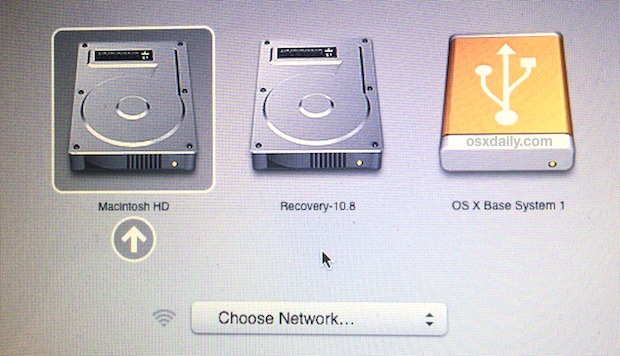- The audio problem on the mid-2011 iMac is caused by installing Windows 10 with a USB, i.e. Installing this way on the mid-2011 iMac causes Windows to not detect some hardware like the speakers and potentially even the GPU, thus creating the aforementioned problem (no matter how many drivers you throw at it.).
- With this software, you can quickly boot into a bootable USB drive using QEMU Emulator right on your Windows machine without rebooting the system. This comes handy when we want to verify if the bootable USB has been created properly. Along with that, you can install various bootloaders like grub4dos, syslinux, bootmbr, WEE and more.
2020 MacBook Pro boot from USB
USB pendrive (recommended 16GB), Internet, Windows OS Kon-boot can be only installed by using the original installer. One kon-boot license permits the user to install kon-boot on only one USB pendrive.
Starting in 2018 the Macbook Pro includes a secure boot chip that prevents your Macbook from booting windows, linux, BSD, gentoo, Fedora, Atlas Supervisor, other Mac O/S/s on a usb, etc.
You CAN boot a 2018 2019 or 2020 Macbook Pro from USB!
But it does take a few steps to get there.
Step One

Boot into Recovery Mode
To access Recovery Mode, turn off your Macbook, turn it on and hold the Command (⌘) and R keys. Keep holding them through the chime sound until you see the Recovery Screen below…
Yaaay! You entered a secret level with hidden powers!
Step 2
Click on Utlities (on the menu bar at the top of the screen, don’t click on Disk Utlities in the middle of the screen)
Select ‘Startup Security Utility’ and you’ll get this screen…
Change the settings for both to the same as the image above.
Secure Boot to No Security
External Boot to Allow booting from external media
Boot Mac Using Usb
Exit out, shut down the laptop.
Step 3
Boot Mac From Usb Windows
Plug in your bootable USB device and boot up your 2018 2019 Macbook Pro from USB, hold the Command (⌘) key and you’ll see the startup disk screen, select the USB and boot it up.
Caveats, notes and disclaimers.
- You need an uefi bootable image. (we’re uncertain of other workarounds for grub at this time)
- You may not have any access to the internal drive. Not sure if it is a linux driver issue or some sort of on chip security, but so far, no access.
- Leaving ‘external boot allowed’ is a risk that if stolen, someone might be able to access the internal drive.
- The law of unintended consequences. Apple rarely supports playing around with bootable O/Ss, you could brick an extremely expensive device.
- Apple does have further detail on the T2 security chip and how to use it. Read more before playing around too much in there.

The better option
If you are looking for a great laptop to run NinjaStik we recommend getting an IBM Lenovo T430i for ~$140 and using it. The T430i is one of the best value for $ deals to run a daily use linux based personal laptop. It’s ugly but it is a solid machine.
Using a $140 laptop for linux and not risking your $5000 Macbook Pro is our recommendation.

